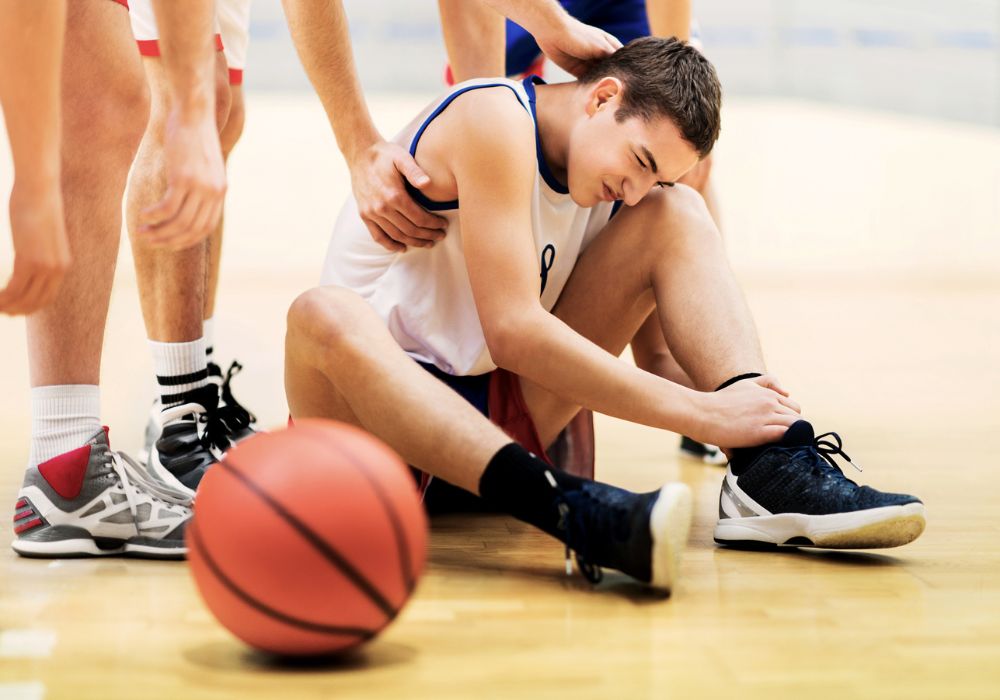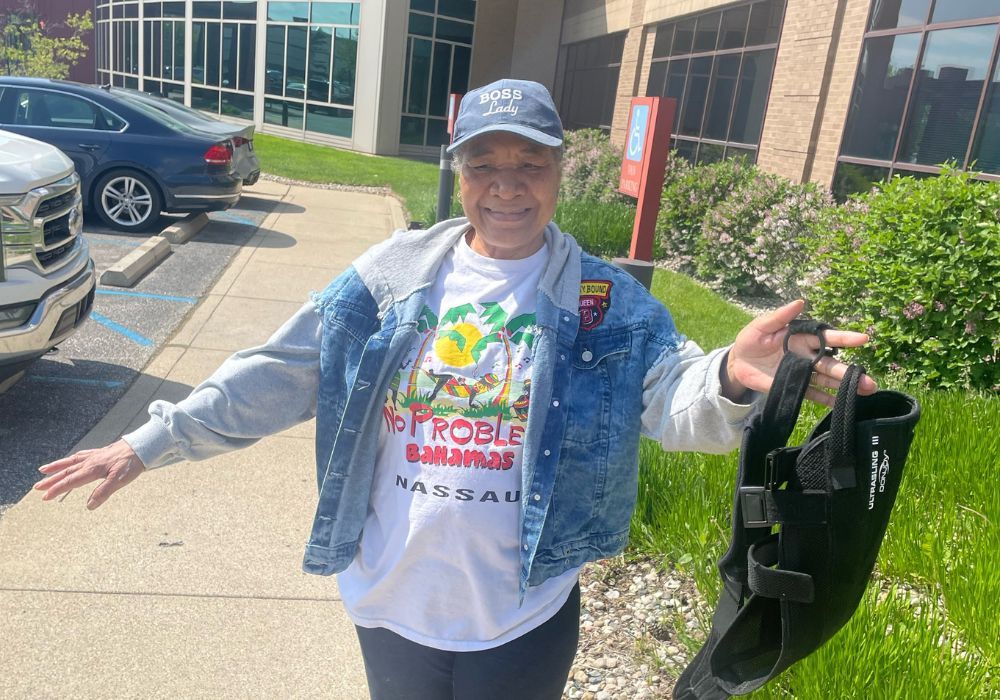THIS POST IS PART OF THE ULTIMATE GUIDE TO SPORTS MEDICINE
Swimming is one of the most popular low-impact fitness activities. Both competitive and recreational swimmers practice and compete year-round. While the benefits of swimming certainly outweigh the risks, there is still a possibility a swimmer may suffer an injury.
What are common shoulder injuries?
Most commonly, swimmers experience shoulder pain due to the repetitive nature of the sport. Repeating the same motion for a long period of time, on a daily basis will result in an overuse injury to the shoulder.
“The repetitive use of the shoulder can lead to fatigue and improper stroke techniques,” said Dr. Scott Gudeman, OrthoIndy shoulder specialist. “This results in specific injuries such as shoulder instability, biceps tendonitis and impingement.”
- Shoulder instability occurs when the ligaments that hold the shoulder ball to the socket becomes loose.
- Biceps tendonitis occurs when there is inflammation of the biceps tendon.
- Shoulder impingement is an inflammation and compression of the rotator cuff tendons and bursa sac.
What is treatment for a shoulder injury?
Most times these shoulder injuries can be treated without surgery. “Non-surgical treatment options include rest from swimming, rehabilitation with an athletic trainer or physical therapist, modifying a swimmer’s work out or identifying problems with their stroke technique,” said Dr. Gudeman.
Recovery from these injuries depends on the severity of the problem. Length of recovery may range from a simple work out modification to a swimmer missing an entire swim season.
How do you prevent shoulder injury?
According to Dr. Gudeman the best way for a swimmer to avoid injury is to prepare for the swimming season by improving aerobic conditioning, core strength and stroke technique. “During the swim season, swimmers should cross-train more frequently and use ‘dry-land’ workouts properly to help prevent injuries.”
Although shoulder injuries are the most common injury among swimmers, they are also prone to injuries of the knee, back and hip.
Learn more about sports medicine treatment at OrthoIndy.
Schedule an appointment
Your well-being is important to us. Click the button below or call us to schedule an appointment with one of our orthopedic specialists. If your injury or condition is recent, you can walk right into one of our OrthoIndy Urgent Care locations for immediate care. For rehabilitation and physical therapy, no referral is needed to see one of our physical therapists.





